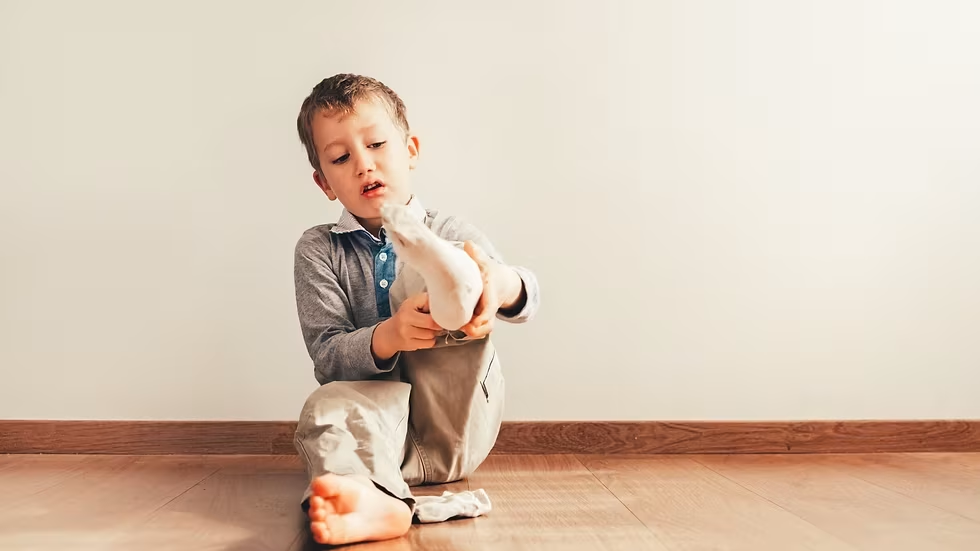What Is Underparenting?
“Underparenting” is often described as the opposite of helicopter parenting. Instead of hovering over their children’s every move, underparenting encourages giving kids the space to make choices, take risks, and learn from their experiences. It’s not about neglect it’s about trust. Parents who practice underparenting believe that too much control can stifle a child’s natural curiosity and problem-solving skills.
Building Confidence Through Independence
When children are allowed to make small decisions like choosing their own clothes or managing their time—they learn confidence and responsibility. Underparenting gives them opportunities to succeed (and fail) on their own, helping them realize they are capable and resilient.
Learning to Think Critically
Without a parent constantly directing them, children have to figure out solutions independently. Whether it’s resolving playground conflicts or finding creative ways to finish homework, underparented kids tend to develop strong critical-thinking and decision-making skills because they’re trusted to handle challenges.
Experiencing Consequences
Underparenting allows kids to see the natural results of their actions. Instead of being shielded from every mistake, they experience real-life outcomes like missing a bus because they overslept or forgetting a lunch. These moments teach responsibility and accountability in a meaningful way.
Exploring Creativity
Freedom fosters imagination. When kids have unstructured time without constant adult direction, they invent games, build things, and explore their interests. This open-ended play is essential to developing creativity and emotional expression.
Underparenting vs. Uninvolved Parenting
While both styles may appear “hands-off,” underparenting is intentional and rooted in trust and support. Uninvolved parenting, by contrast, often stems from disengagement or neglect. The key difference is connection: underparenting parents remain emotionally available and attentive while allowing independence. It’s about stepping back but never away from a child’s growth and discovery.



